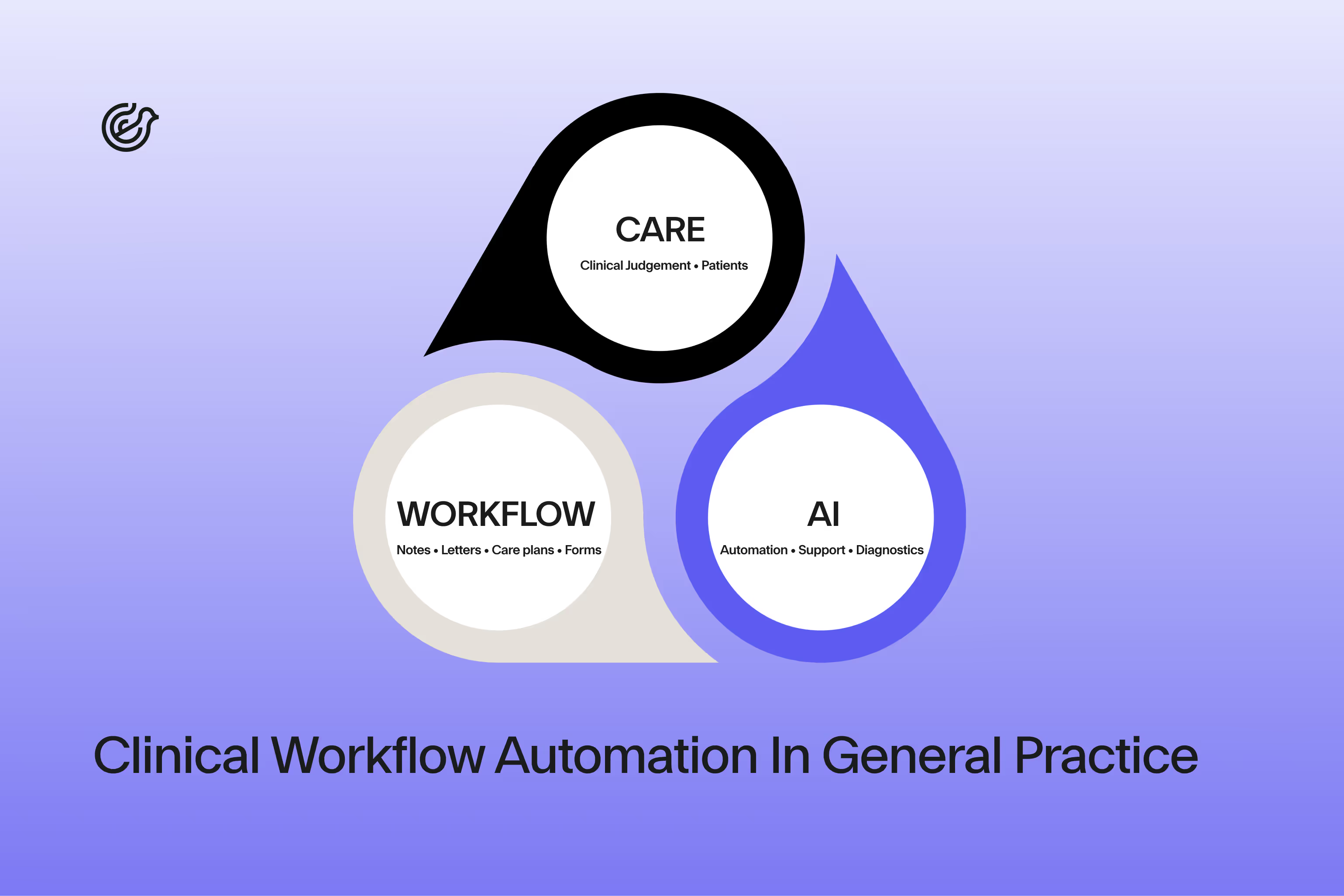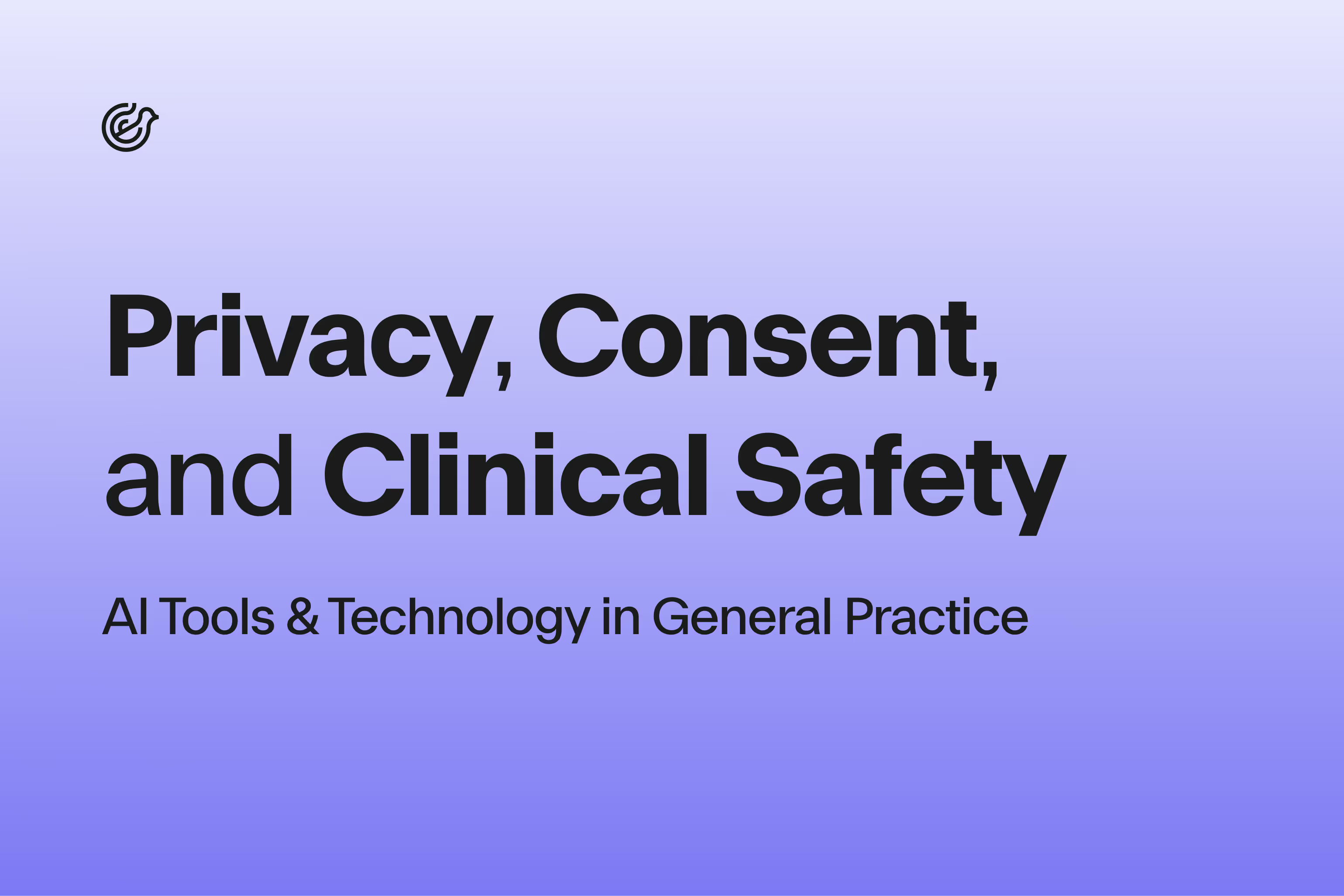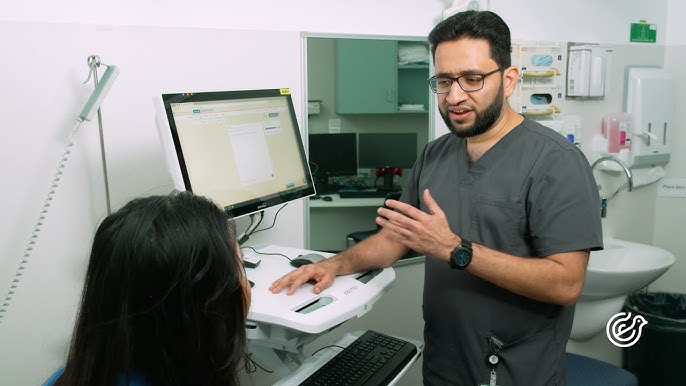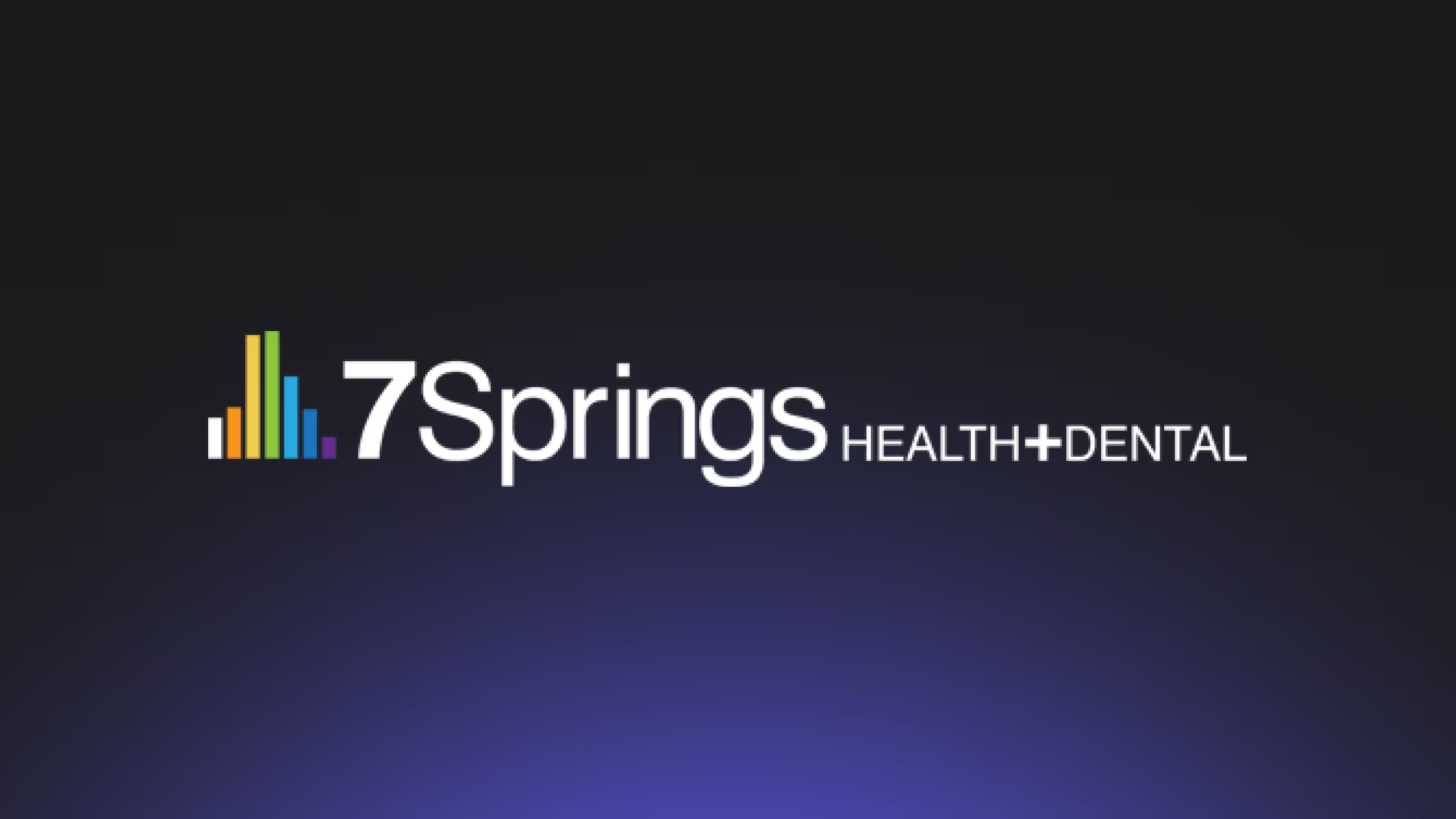ChatGPT's Impact on Mental Health

The importance of mental health support
In today's fast-paced and demanding world, mental health has become a crucial aspect of overall well-being. With the increasing prevalence of mental health issues, it is imperative to provide effective and accessible support to those in need. Mental health support plays a vital role in helping individuals navigate their emotional challenges and develop coping strategies. It not only improves their quality of life but also contributes to a healthier society as a whole.
Introduction to chatGPT and its capabilities
In recent years, artificial intelligence (AI) has emerged as a powerful tool in various fields, including mental health support. One such AI-powered platform is chatGPT. Developed by OpenAI, chatGPT is a state-of-the-art language model that can engage in dynamic conversations with users. It utilises deep learning algorithms to generate human-like responses and provide personalised assistance.
chatGPT is designed to simulate human conversation, making it an ideal tool for mental health support. It can interact with users in a compassionate and empathetic manner, creating a safe space for individuals to express their thoughts and emotions. By leveraging natural language processing techniques, chatGPT can understand and respond to a wide range of mental health concerns, including anxiety, depression, and stress.
Benefits of using chatGPT for mental health support
Utilising chatGPT for mental health support offers numerous benefits. Firstly, it provides a convenient and easily accessible platform for individuals seeking help. With the prevalence of smartphones and internet connectivity, users can engage with chatGPT anytime and anywhere, eliminating the barriers of time and location. This accessibility ensures that mental health support is available to a broader population, including those in remote areas or with limited resources.
Secondly, chatGPT offers a non-judgmental and unbiased environment for individuals to share their feelings. Some individuals may feel uncomfortable discussing their mental health with friends or family due to fear of judgment or stigma. Chatting with an AI-based platform like chatGPT allows them to express themselves openly without any concerns. This anonymity can encourage individuals to seek help and address their mental health concerns without the fear of being misunderstood or judged.
Furthermore, chatGPT's ability to provide personalised assistance is a significant advantage. Through continuous interaction and learning, chatGPT can tailor its responses to meet the specific needs and preferences of each user. This personalized approach enhances the effectiveness of mental health support, as individuals receive guidance and suggestions that resonate with their unique circumstances. The adaptability of chatGPT ensures that users feel heard and supported throughout their mental health journey.
Ethical considerations and concerns with chatGPT
While chatGPT presents exciting possibilities for mental health support, it is essential to address the ethical considerations and concerns associated with its use. One concern revolves around data privacy and security. As users engage with chatGPT, their conversations and personal information may be stored and analysed. It is crucial for developers to implement robust security measures to protect user data and ensure confidentiality. Additionally, transparency in data usage and obtaining informed consent from users are vital ethical considerations.
Another concern is the potential for chatGPT to inadvertently perpetuate biases or provide inaccurate information. As language models like chatGPT learn from vast datasets, they may absorb societal biases present in the data. This could lead to biased or harmful responses, particularly when discussing sensitive topics like mental health. Developers must actively work towards identifying and mitigating biases to ensure that chatGPT provides unbiased and reliable support.
Moreover, the limitations of chatGPT must be recognised. While it can offer valuable assistance, it should not replace professional mental health services. ChatGPT can serve as a complement to traditional therapy, but it should not be considered a substitute. It is essential to strike a balance between the benefits of chatGPT and the expertise of human mental health professionals.
Future developments and advancements in chatGPT for mental health
As technology continues to evolve, so does the potential of chatGPT for mental health support. Future developments may include refining the language model to better understand nuanced emotions and complex mental health issues. This would enhance chatGPT's ability to provide tailored assistance and empathetic responses.
Additionally, integrating chatGPT with other technologies such as virtual reality or wearable devices could revolutionise mental health support. Imagine a scenario where individuals can engage in immersive conversations with chatGPT, coupled with real-time physiological data monitoring. This integration could provide a more holistic approach to mental health support, capturing both verbal and non-verbal cues for a comprehensive understanding of the individual's well-being.
Conclusion
Harnessing the power of chatGPT for mental health support opens up new possibilities in providing accessible and personalised assistance to those in need. It offers a convenient platform for individuals to seek support, free from judgment and stigma. However, ethical considerations must be addressed to ensure user privacy, mitigate biases, and avoid over-reliance on AI-based platforms. As technology advances, further developments in chatGPT hold the potential to enhance its capabilities and revolutionise mental health support. By embracing these advancements responsibly, we can usher in a new era of mental health support that is inclusive, effective, and empathetic.
CTA: If you or someone you know is struggling with their mental health, consider reaching out to a qualified mental health professional. While chatGPT can provide valuable support, it is not a substitute for professional care.








